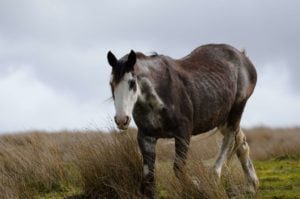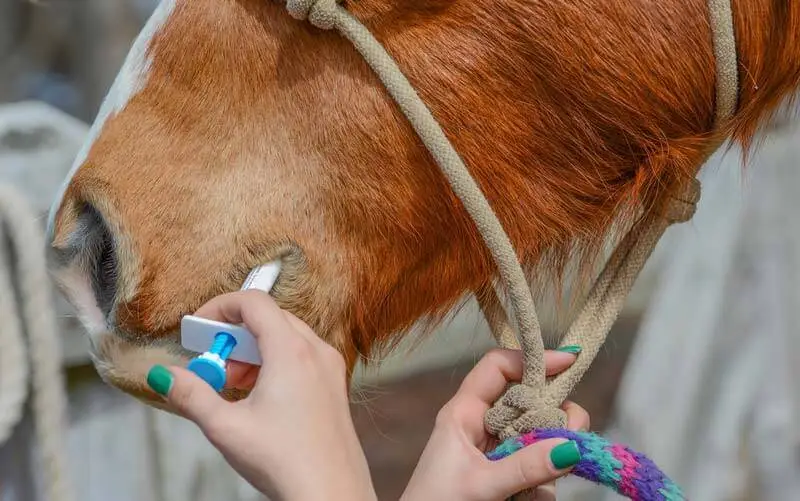My horse is dropping weight unexpectedly. What should I do?
There are three common reasons for unexpected weight loss. These include inadequate diet, poor dental care and ineffective worming. If your horse is losing weight unexpectedly, then you should assess these three areas to ensure their needs are being met.
Nutrition
As a general rule, every horse should be consuming 2-3% of their bodyweight in feed every day. Feeding low-quality roughage or providing an inadequate level of calories in your horse’s daily feed ration are two of the most common culprits behind unexpected weight loss.
The nutritional requirements of horses must be met at every stage of life. Young, growing horses, lactating mares and equine athletes will have higher requirements for calories and protein than pleasure horses. Remember, seasonal and hormonal changes can also affect senior horses and mares in oestrus, resulting in weight loss during Winter and weight gain during Summer.
Dental Care
Without regular dental care, your horse may find it uncomfortable or even painful to chew their food. At any age, sharp enamel points, caused by uneven wear, missing or misaligned teeth, can cause mild to severe discomfort. From nine months of age, every horse should receive a dental examination at least once a year.
However, as your horse ages, the need for regular dental checks will increase. Any horse aged 16 or older should receive a minimum of two dental examinations per year. Weight loss due to poor dentition is most commonly seen in senior horses. Proper chewing and, thus, digestion will support your senior horse’s ability to absorb nutrients and maintain a healthy weight.
Worming
While most horses can live in harmony with some intestinal parasites, any high worm burden can have long-term impacts on your horse’s intestinal health and ability to absorb nutrients, leading to severe weight loss and malnutrition. Every horse should be wormed every 8-12 weeks depending on the product you use.
It’s also vital you assess the effectiveness of your worming program with a faecal egg count prior to worming and a faecal egg count reduction test several weeks later. Providing your horse with an adequate dose of the wormer most effective against the parasites affecting them is the only way to protect them against damage to the digestive tract.




